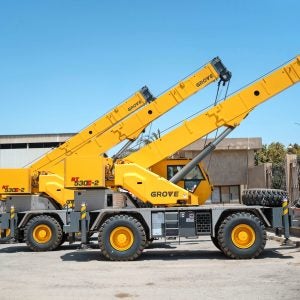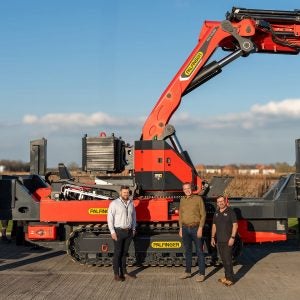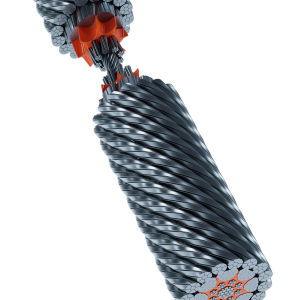The last couple of months have seen court rulings on fatal crane accidents in Britain and the USA. In Britain, a coroners court jury ruled that a fatal collapse in Battersea was an accident, not an unlawful killing; in the US, a New York court cleared Jammes Lomma of all charges related to a fatal accident in 2008.
These accidents have prompted new regulation in both countries. They’ve also meant that people like Lomma, and master rigger William Rapetti, have faced lengthy criminal prosecutions, only to be acquitted.
Last month, my colleague Cristina Brooks argued the point for maintaining, or even adding to, industry regulation. Cristina makes the compelling point that, while the lifting industry is broadly safe, accidents take lives, destroy families and, ruin the reputation of the industry.
Given that destructive potential, it is tempting to argue that something more should be done. It is a discussion we have had here regularly at Cranes Today, both between ourselves and with our contacts in the industry.
In the wake of the Battersea accident, Liliana Alexa, the mother of one of the men killed, Michael Alexa, took a brave and prominent role in the campaign for a register of every tower crane erected in the UK. The proposal was accepted, the register run for a year, and now faces being scrapped to save £51,000 after only receiving three inquiries from members of the public. Cristina argues that £51,000 is a fair price to pay for safety. I agree, but I wonder if this register did anything to improve safety.
In New York, the response has been criminal prosecutions and increased involvement in tower crane regulation and inspection by the city. Again, I agree that where there are grounds to suspect that a crane owner or rigger has been reckless with safety, a criminal investigation should take place. But, in both recent fatal accidents in New York, the district attorney has failed to prove recklessness. From the arguments presented in both cases, I personally find it hard to understand why Lomma and Rapetti were accused of this sort of criminal disregard.
The connecting thread for all of these responses seems to have been public shock at crane accidents. The public is right to be concerned about crane safety. But, that should not be cause for a leap to ill-advised legislation, or unjustified prosecution.
Sometimes, rather than rushing to act, the best decision is to do nothing at all.






